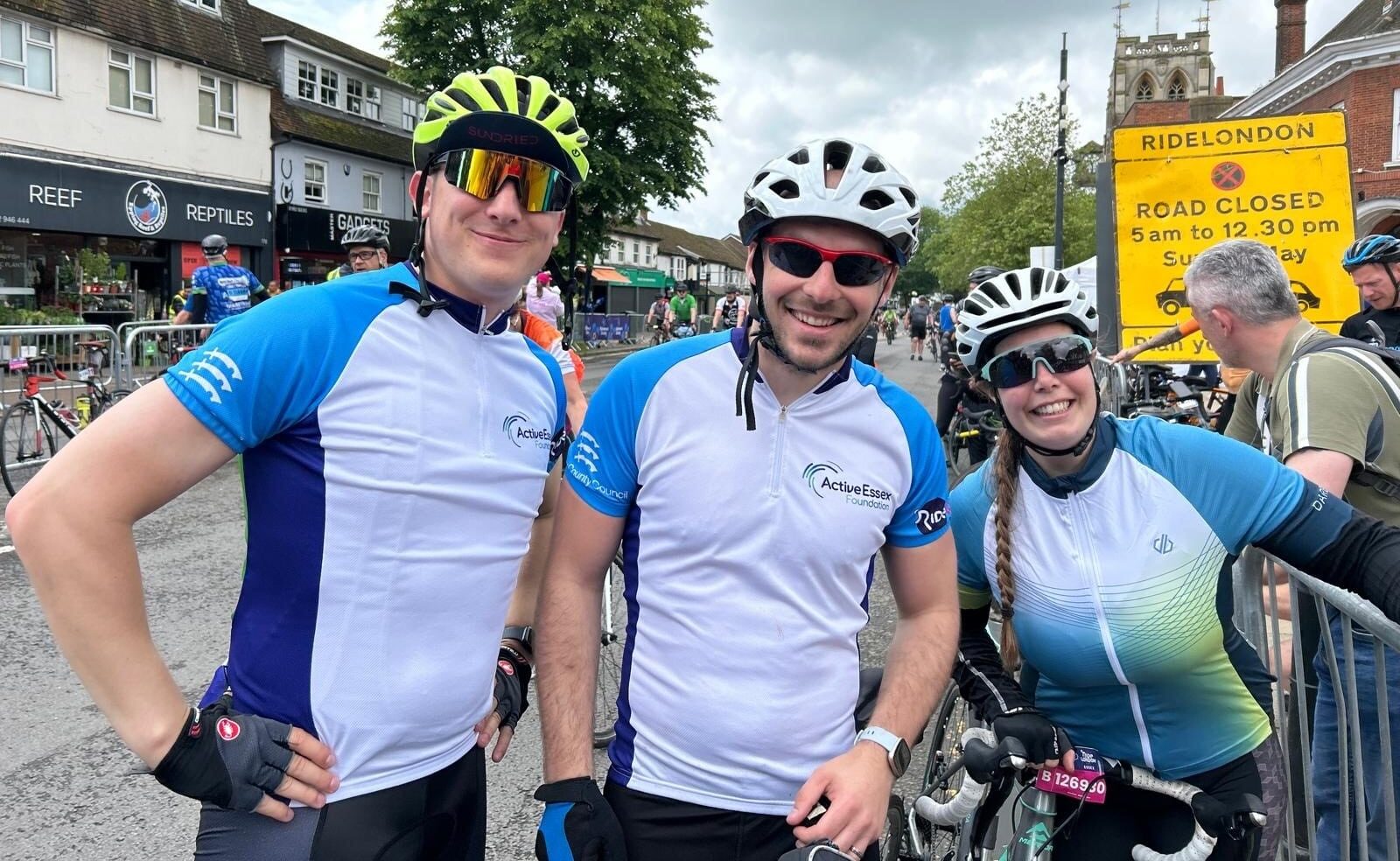We’re now living in a world that never seems to slow down. Alongside many other factors, the pressures of society combined with constantly being ‘on the go’, can have a huge negative impact on our mental health, whereby stress, anxiety and depression can rear its ugly head. However, whilst we are being saturated with quick fixes for positive wellbeing, such as self-help books, apps and supplements, one solution has quietly stood the test of time – movement.
Physical activity not only has the power to improve fitness and health, but also has an extraordinary ability to transform the mind. From boosting your mood, to sharpening focus, improving confidence and building emotional resilience, physical activity really is the ideal antidote to the challenges life can bring. So whether it’s a game of Padel with friends, a walk in the fresh air, or some light yoga, being active allows us to refocus and reset our minds, for a more positive outlook.
1 in 6 adults, alongside 1 in 6 children and young people in Essex are living with poor mental health, and worryingly, this statistic is increasing. The economic cost of mental ill health is estimated to be approximately £3.2 billion for Essex, Southend and Thurrock. In addition, 15-25% of all incidents that Essex Police respond to involve mental health, and it’s estimated that nationally, 40% of GP appointments are for mental health related issues. Now more than ever, it’s vital that physical activity is recognised and utilised as a powerful tool to improve mental wellbeing.
Every year, Mental Health Awareness Week aims to shine a spotlight on the importance of good mental wellbeing and encourage open conversations about mental health. The theme this year is ‘community’, and being part of a safe, positive and supportive community, is vital for our mental health and wellbeing.
Jamie Rhodes, Active Essex Foundation Sport for Development Officer truly understands the connection between physical activity and mental health, due to his own personal experiences. At 20 years old, Jamie was diagnosed with depression, and after working with a counsellor and a social prescriber, rejoining his local football club was the stepping stone he needed to get back to himself.
“Throughout my life, I have always enjoyed sport, however my passion has always been playing football. When I was diagnosed with depression, I lost all motivation to play and soon became distant from my club. When I decided to get some help from a counsellor and social prescriber, they asked me to start by doing one thing I loved each week. For me, this was football. However I was afraid of how my teammates would react, as I told them I was either ill or injured, as I was too ashamed to tell them what was really going on and fearful of the perceived stigma of men and mental health. Once I opened up, my coach and teammates at the time embraced me and my challenges, and since then, football for me has become so much more than just running around kicking a ball. It was a moment of realisation that a tough week could be forgotten in 90 minutes on the pitch, and my mood started to improve significantly, and I regained confidence socially.”
Being physically active has many benefits and has proven to be medicine for the mind. It’s a great way to switch off from worries or stress and let go of negative emotions by releasing endorphins. Jamie has found that his mood regulation is far better after being active, especially first thing in the morning, and allows him to think much clearer, even on difficult days. His football club have also been a pillar of strength, supporting him every time he turns up to the pitch.
“My team are a fantastic group and will always ask ‘how are you’ when I arrive, but truly mean it. Football has become more than just a game to me. It’s a support network, a strong community and a lifeline when I needed it the most. I would advise anyone who is struggling with their mental health to open up about your challenges, as you may be surprised that others are facing them too and you’re not alone. Also take small steps. One week, I only took part in the warm up. This was a huge moment mentally for me, however with the support of my football community, this slowly eased me back into feeling confident about playing again.”
While stories like Jamie’s demonstrate how powerful movement and community can be for mental wellbeing, not everyone finds it easy to start or maintain an active lifestyle, especially when their mood is low. For many people struggling with poor mental health, being active can feel like a huge challenge rather than an opportunity for relief. Low motivation, anxiety, self-consciousness, fatigue, stress, and lack of support, all contribute to barriers that can make physical activity seem unachievable, however recognising these obstacles is the first step in breaking the cycle.
We all have busy lives, but taking even just 10 minutes out of your day for a quick walk can be a helpful mental break from daily challenges. Beyond individual benefits, movement also thrives in a communal setting. This doesn’t necessarily mean joining a club, it could be a local volunteering group, walking group or befriending service. Physical activity can build relationships, trust and a sense of belonging, which in turn supports mental health.
This has been particularly prevalent for Jamie. He commented; “I love setting myself a new challenge and in 2024, alongside a few of my colleagues at Active Essex, we signed up to take part in Ford RideLondon-Essex – a 100 mile cycling route through London and Essex. Going out on training rides together built my confidence and having a goal to work towards, gave me something to focus on. The support from the team was also incredible, and it shows that you can find your support network in places such as your workplace too.”
In a world that often feels relentless, movement and community provide a much-needed anchor for mental wellbeing. Physical activity is far more than just exercise—it’s a tool for healing, connection, and resilience. While barriers may make getting active seem difficult, taking small steps toward movement, whether alone or within a supportive group, can lead to many benefits.
Jamie’s journey highlights how sport can be more than a physical pursuit; it can be a lifeline, a safe space, and a source of belonging. His story reinforces the importance of having people around who genuinely care, listen, and support.
As Mental Health Awareness Week reminds us, we must continue to nurture conversations about wellbeing and recognise the vital role that connection plays in recovery. By embracing movement and seeking out supportive communities, we create stronger foundations for both mind and body.




